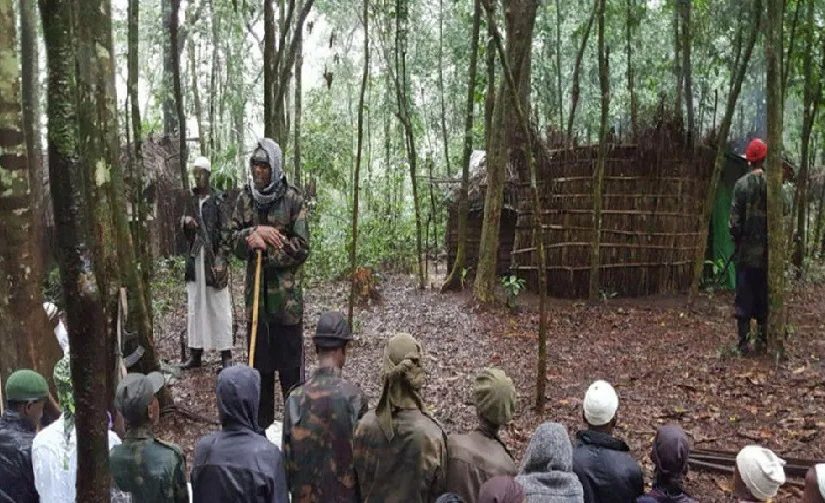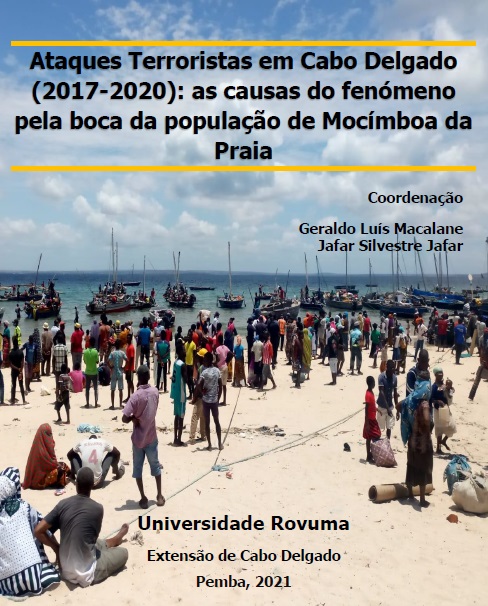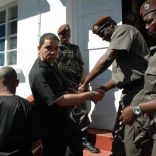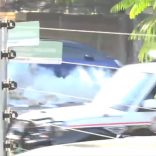Maputo inspects scrap yards in bid to crack down on manhole cover theft – photos
“Terrorists do not have an agenda of their own,” study concludes – Carta

File photo: Plataforma Media
A study conducted by researchers at Rovuma University [UniRovuma] published last week in the city of Pemba,, which analyses terrorism in Cabo Delgado between 2017 and 2020, concludes that insurgents have no agenda of their own. [Read the full report, in Portuguese, HERE]
Nevertheless, “in the middle of this whole shadowy zone, these seems to loom the intention of implanting in the region a radical Muslim doctrine, through the subjugation or elimination of state institutions, as well as of classical Muslim religion”.
The survey, based on interviews with displaced persons from the district of Mocímboa da Praia, notes economic and social reasons among the factors giving rise to terrorism in Mozambique, especially feelings of social exclusion on the part of the Kimwani population, supposedly the most marginalised ethnic group in Cabo Delgado.
Coordinated and guided by Geraldo Macalane, the research, carried out over October and November 2020, also suggests a belief that citizens from other parts of the country had more opportunities than Cabo Delgado natives, a factor causing a lot of resentment among the youth.
The Secretary of State for the province of Cabo Delgado, Armindo Ngunga, attended the study launch and reiterated the government’s lack of information on the real motivations of the group, authors of the insurrection which has already caused the displacement of more than 500,000 people, in addition to the more than 2,000 deaths of members of the terrorist groups, the Defence and Security Forces and civilians.














Leave a Reply
Be the First to Comment!
You must be logged in to post a comment.
You must be logged in to post a comment.